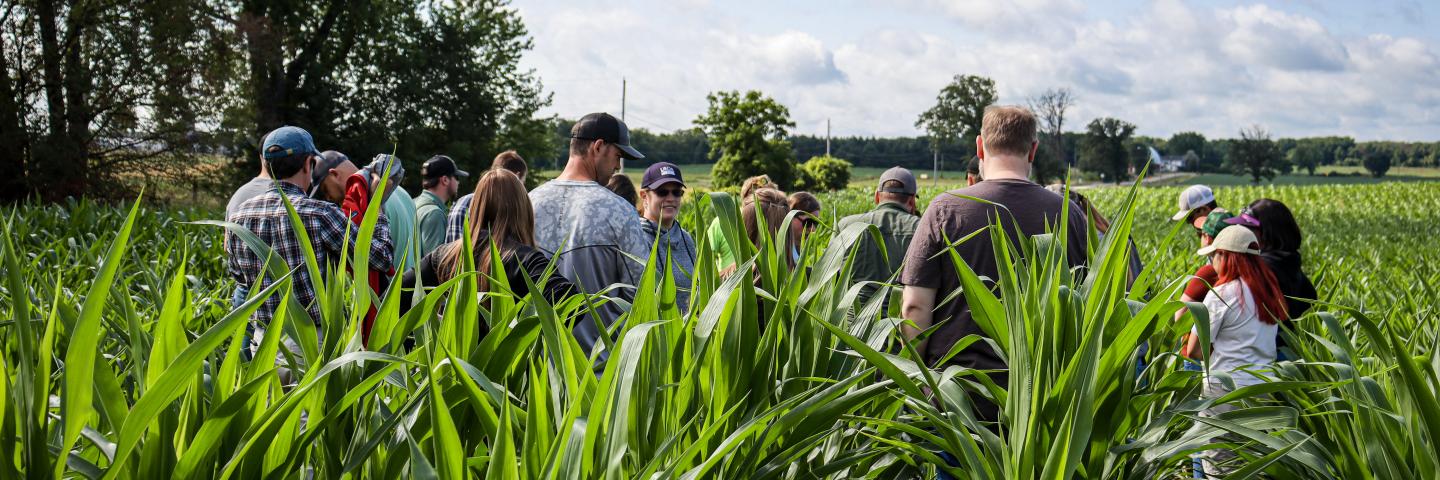
The Local Working Group (LWG) is a diverse group of people with agricultural and natural resource interests. LWGs provide recommendations on local natural resource priorities and criteria for conservation activities and programs.
What is a Local Working Group?
The Local Working Group (LWG) is a diverse group of people with agricultural and natural resource interests. Members may be agricultural producers representing the variety of crops and livestock raised within the local area; owners of nonindustrial private forest land; representatives of agricultural and environmental organizations; and representatives of governmental agencies carrying out agricultural and natural resource conservation programs and activities for the area.
USDA is dedicated to ensuring that all LWG recommendations are heard and natural resource priorities are discussed. Individuals or groups wanting to become a LWG member may submit a request to their NRCS District Conservationist explaining their interest and credentials for becoming a member.
Logistics
Local Working Groups will provide recommendations on local natural resource priorities and criteria for conservation activities and programs. Recommendations may include, but are not limited to:
- Priority natural resource concerns in the local community.
- Techniques for outreach to historically underserved citizens.
- Criteria to be used in ranking program applications.
Local Working Group meetings are open to the public and conducted as an open discussion among members. Discussion will focus on identifying local natural resource concerns that can be treated using NRCS programs and activities. Individuals attending LWG meetings will be given the opportunity to address the Group. All recommendations will be considered.
Opportunity to address non-agenda items will be provided if time allows at the end of the meeting. Presenters are encouraged to provide written records of their comments to the Chairperson at the time of the presentation but are not required to do so. Written comments may be accepted if provided to the Chairperson/District Conservationist no later than the posted date provided on the LWG Meeting event page. Find your Local Working Group using the state map below.

Previous LWG Meeting Presentations
Local Working Group PowerPoint Slides - June 2023 Meeting (3.43 MB)
Local Working Group PowerPoint Slides - June 2022 Meeting (3.13 MB)
2022 Resource Concerns LWG Meeting (140.73 KB

